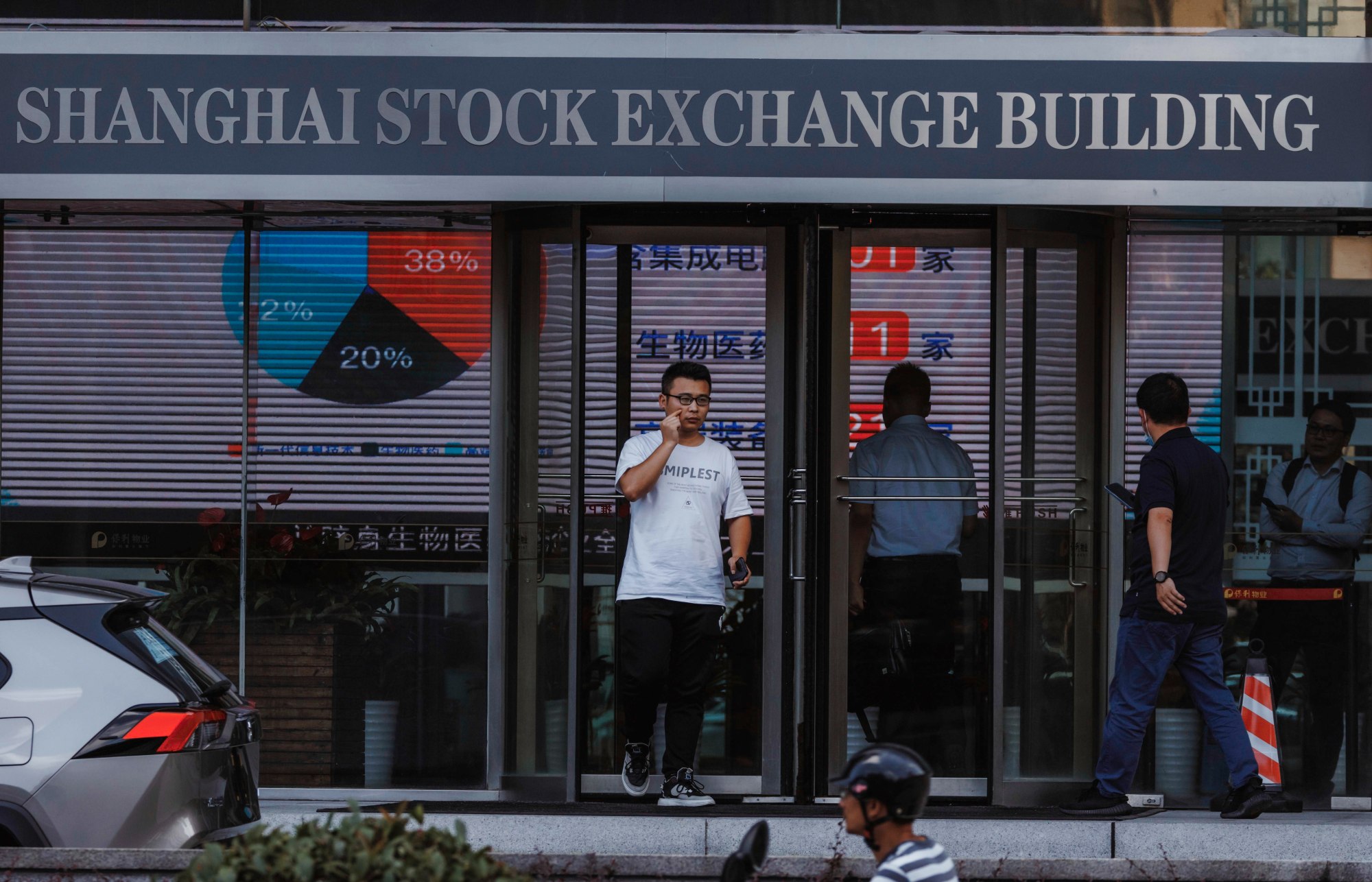
Why China will pay a high price if it only wants to hear good news about its markets
- It’s not hard to see why a relentless pursuit of ‘good news’ and the crushing of ‘bad news’ will undermine investor confidence
- If China moves to coerce foreign banks and agencies into keeping their economic and market analysis in line with official narratives, it will only backfire
Chinese novelist Wang Xiaobo once wrote a story of a Khwarazm king, who ordered that any messenger bringing good news would be rewarded, while anyone with bad news would be executed. The king’s love of good news, and dislike of hearing bad news, eventually cost him his kingdom.
In marketplaces, investors want to stay informed on all sorts of information to avoid heavy losses. Bad news can help investors make sound decisions just as much as good news can. In fact, it is often the bad news that proves more valuable for trading. In capital markets, publicly-traded companies have to disclose sufficient information to investors, regardless of whether it is “positive” or “negative”. Companies attempting to cover up problems will be severely punished by both regulators and investors.
The same rule applies to the market as a whole. But it seems that some officials in the Chinese government are so desperate to get their desired narrative that they have started to disregard basic principles. In an extraordinary move, China’s state security ministry has stepped forward to warn those who disseminate “short” views on the country’s economic and market prospects.
Chinese vice-premier urges support for listed firms to stabilise stock market
Judging by the performance of Chinese stocks in Shanghai and Hong Kong in the first weeks of the new year, the approach of excessive information manipulation has backfired and frightened away investors.
It’s not hard to see why a relentless pursuit of “good news” and the crushing of “bad news” will undermine confidence. To investors, a one-sided story, no matter how good it may look on the surface, is not trustworthy if there’s no counter-balance. The move to cancel out bad news is like destroying warning signs in a place full of dangers and pitfalls. The rational response would be to stay away.
Therefore, it is a fool’s errand to minimise “pessimistic” views and maximise optimistic readings because the market can only function with both “long” and “short” views.
If China moves to coerce foreign banks and agencies into keeping their economic and market analysis in line with official narratives, it will only backfire because China cannot control how foreign investors behave. Likewise, if China is harsh in silencing economists and analysts at home, it will only help the rumour mongers spread fear, confusion and disappointment among domestic investors.

Public opinion management in markets and the economy is tricky. For example, Chinese opinion leaders like Hu Xijin have stepped into the arena by investing in stocks to boost investor confidence. However, six months after investing his money, the former Global Times editor is in an awkward position as he has suffered heavy losses.
For some retail investors, Hu’s experience is a cautionary tale to stay away from stocks because it would be fruitless for an ordinary investor to expect profits from buying Chinese stocks if a well-sourced opinion leader like Hu cannot make money.
The problem, therefore, is not too much bad news and too little good news. The first casualty of information control, unfortunately, is trust. The Chinese market still has many good stories and promising businesses, but it is hard to convince investors about its potential if they have no alternatives to verify the good news. The act of playing up good news and censoring bad news just deepens mistrust. The more the state tries to impose a narrative, the less convincing it is.
The first step to regain trust is to be honest about the real situation. Investors may sometimes ignore the chance to make money or turn a blind eye to risks, but rationality can prevail in the long term in a transparent environment. There’s no point repeatedly arguing that the country’s economic outlook is bright instead of bleak, and that investor confidence in China’s market is strong instead of weak.
The foolish king of Khwarazm paid a dear price for only wanting to hear good news, and it is a price that China should avoid when managing its economy and markets.

